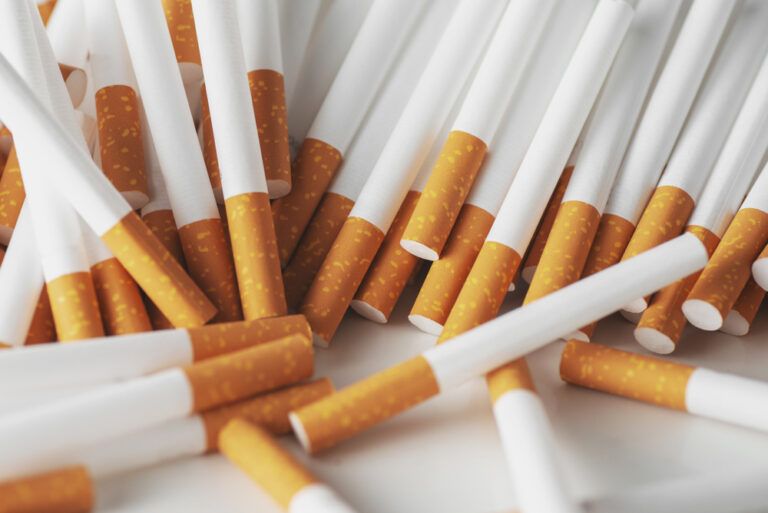The detrimental effects of smoking are well-documented, but its impact on dental health often receives less attention. Smoking doesn’t just stain your teeth—it can lead to severe oral health issues that may be irreversible. At Romans & Soltani Dentistry in Camillus, NY, Dr. Anna Romans and Dr. Sheila Soltani emphasize the importance of understanding how tobacco affects your oral health and what steps you can take to mitigate the damage.
The Immediate Effects of Smoking on Oral Health
One of the most noticeable effects of smoking is the discoloration of teeth. Nicotine and tar, two primary components of tobacco, stain the enamel, leading to yellow or brown discoloration that can be challenging to remove. However, the impact of smoking goes far beyond cosmetic concerns.
Bad Breath and Taste Disturbances:
Smokers are more likely to suffer from chronic bad breath, also known as halitosis. This occurs because smoking dries out the mouth, reducing saliva production and allowing bacteria to thrive. Additionally, smoking can dull your sense of taste, making food less enjoyable and potentially leading to poor nutritional choices.
Increased Plaque and Tartar Build-Up:
The chemicals in tobacco smoke encourage the growth of bacteria in the mouth, leading to an increase in plaque formation. Over time, this plaque hardens into tartar, which can only be removed through professional dental cleaning. The presence of excessive plaque and tartar not only contributes to tooth decay but also heightens the risk of gum disease.
The Long-Term Consequences of Tobacco Use
While the immediate effects of smoking are concerning, the long-term consequences are even more alarming. Continuous tobacco use can lead to several severe dental health issues, some of which may require extensive treatment or even result in tooth loss.
Periodontal Disease:
Periodontal disease, or gum disease, is one of the most common oral health issues faced by smokers. Smoking weakens the immune system, making it harder for the body to fight off infections, including those in the gums. As a result, smokers are at a higher risk of developing gum disease, which can lead to receding gums, bone loss, and eventually, tooth loss.
Delayed Healing and Surgical Complications:
If you require any dental surgery, such as tooth extractions or implants, smoking can significantly delay the healing process. Tobacco reduces blood flow to the gums, which impairs the body’s natural healing mechanisms. This can lead to complications, such as infections, failed implants, and longer recovery times.
Oral Cancer:
One of the most serious risks associated with smoking is oral cancer. Tobacco use is a leading cause of cancers of the mouth, throat, and esophagus. Symptoms of oral cancer include persistent sores, lumps, and difficulty swallowing. Early detection is crucial for successful treatment, but the prognosis remains poorer for smokers due to the aggressive nature of tobacco-related cancers.
Impact on Dental Treatments and Aesthetics
For smokers, maintaining the aesthetic and functional aspects of dental health can be particularly challenging. The staining effects of tobacco, combined with the increased risk of gum disease and decay, can compromise the effectiveness of cosmetic and restorative dental treatments.
Teeth Whitening:
While professional teeth whitening can reduce the appearance of stains, the results may be less dramatic and shorter-lasting for smokers. Continued tobacco use will quickly re-stain teeth, making frequent whitening treatments necessary. However, excessive whitening can weaken enamel, leading to further dental issues.
Dental Implants and Restorations:
Smokers face a higher risk of complications with dental implants and other restorations. The reduced blood flow to the gums and bone, coupled with the increased risk of infection, can lead to implant failure. This not only results in additional treatment costs but also affects the overall functionality of the teeth.
Increased Need for Dental Care:
Due to the higher risk of decay, gum disease, and other oral health issues, smokers often require more frequent dental visits and treatments. This can include everything from routine cleanings to more intensive procedures like root canals and periodontal therapy. Regular dental care is essential for managing the damage caused by tobacco, but it can also become costly and time-consuming.
The Path to Quitting: Benefits for Oral Health
The most effective way to protect your dental health as a smoker is to quit tobacco use entirely. While this is easier said than done, the benefits to your oral and overall health are profound and begin almost immediately after quitting.
Immediate Improvements:
Within just a few days of quitting, you’ll likely notice an improvement in your sense of taste and smell. Saliva production will increase, helping to wash away food particles and bacteria, which in turn reduces the risk of decay and gum disease.
Long-Term Benefits:
Over time, the risk of developing gum disease and oral cancer decreases significantly after quitting smoking. The body’s immune response improves, making it easier to fight off infections and heal after dental procedures. Additionally, the reduction in plaque and tartar buildup makes it easier to maintain a bright, healthy smile.
Support from Your Dentist:
At Romans & Soltani Dentistry, Dr. Anna Romans and Dr. Sheila Soltani offer support for patients looking to quit smoking. They can provide resources, advice, and treatments designed to help you manage cravings and prevent relapse. Regular dental check-ups become even more important during this time, as they allow for the early detection of any oral health issues that may arise.
How Romans & Soltani Dentistry Can Help
Smoking poses a significant threat to dental health, but with the right care and support, you can mitigate its effects and work towards a healthier smile. Romans & Soltani Dentistry in Camillus, NY, offers comprehensive dental care tailored to the needs of smokers, from routine cleanings to advanced restorative procedures.
If you’re a smoker concerned about your oral health, it’s never too late to take action. Dr. Anna Romans and Dr. Sheila Soltani are here to help you understand the risks and provide personalized treatment plans designed to protect and enhance your smile. Whether you’re looking to quit smoking or simply manage its effects on your dental health, the team at Romans & Soltani Dentistry is ready to support you every step of the way.
Sources:
- Johnson, N. W. (2001). Tobacco use and oral cancer: A global perspective. Journal of Dental Education.
- Dietrich, T., et al. (2004). Smoking, smoking cessation, and risk of tooth loss: The EPIC-Potsdam study. Journal of Clinical Periodontology.
- Warnakulasuriya, S. (2005). Tobacco control and oral cancer. Oral Oncology.




